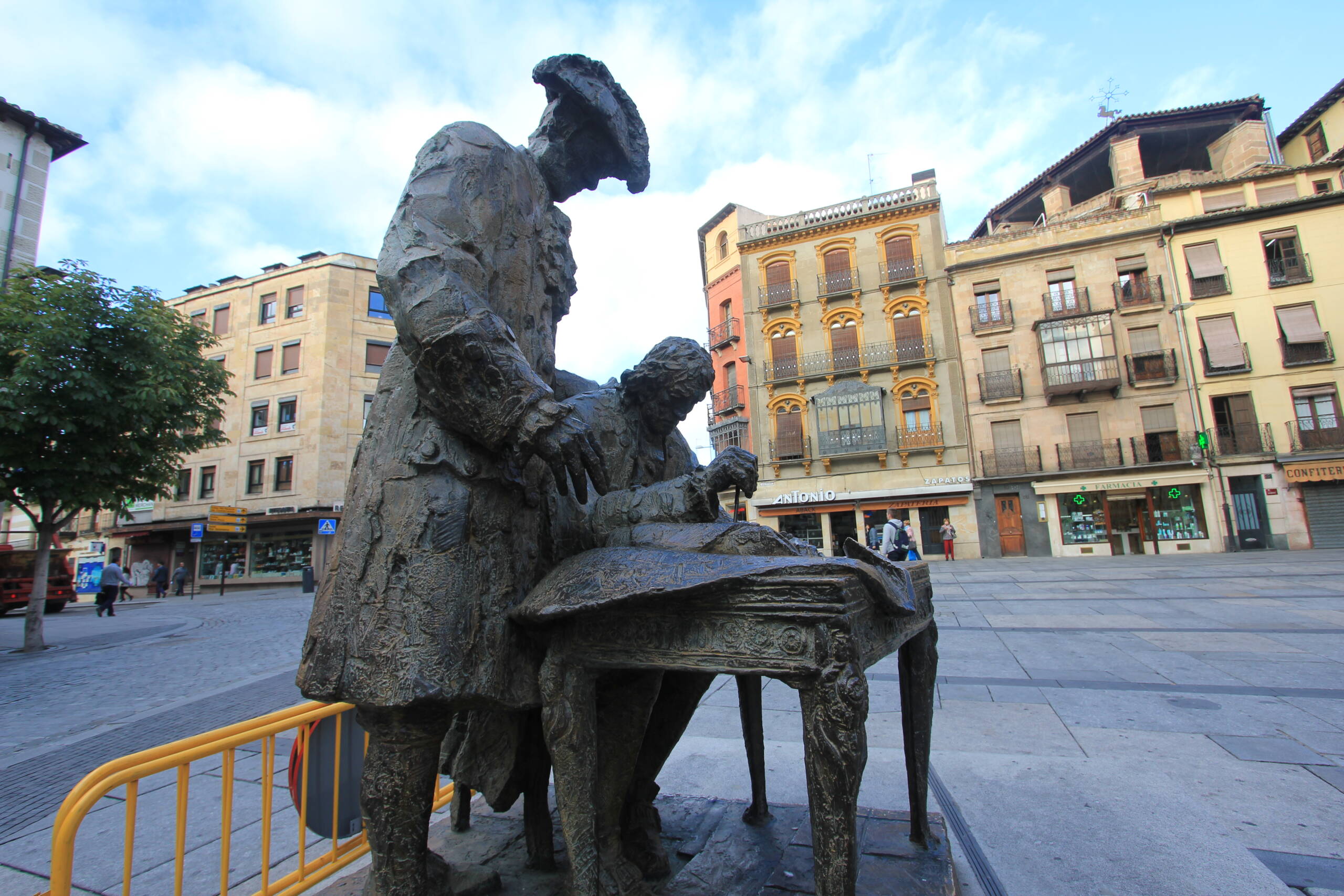The statue in Salamanca—depicting the signing of the Estatutos de Limpieza de Sangre—is not just bronze figures over a table, it’s a monument to one of the most consequential political documents of Spain’s early modern era. Those statutes, first drawn up in the mid-15th century, institutionalized the notion that lineage and ancestry determined one’s worth and eligibility. They required proof of “pure Christian blood” to access certain positions in universities, the church, and civic administration, effectively discriminating against conversos (Jews who had converted to Christianity), moriscos (Muslims who had converted), and their descendants. It was bureaucracy used as a weapon—law turned into a gatekeeper of exclusion.

In its own time, this was a profoundly political act. It reflected anxieties in Castile and Aragón after centuries of convivencia, where Jews, Muslims, and Christians had lived side by side, sometimes uneasily, sometimes fruitfully. The statutes hardened society, aligning with the rise of the Inquisition and the broader project of forging a unified Catholic identity for Spain. They codified suspicion and division, embedding the idea that “true belonging” could be legislated and certified on paper. That Salamanca—home of Spain’s most prestigious university—was the place of such rules is no accident; the city was both an intellectual powerhouse and a crucible of orthodoxy.
Fast forward to today, and you can’t help but see echoes. Modern Spain is a democracy deeply committed to pluralism, shaped by its 1978 Constitution and its membership in the European Union. Yet questions of identity, belonging, and exclusion still linger. Think of Catalonia’s push for independence, or debates around immigration from North Africa and Latin America, or the sharp rise of populist parties who frame national identity as something fragile and under threat. The mechanisms are different—ballots instead of blood statutes, referendums instead of inquisitorial trials—but the underlying anxieties about who “counts” as fully Spanish still bubble up.
Standing in front of this monument, you can’t help but feel the weight of continuity. A quill pen in the 15th century defined centuries of privilege and exclusion. Today, parliamentary decrees, constitutional amendments, or EU treaties play that role. The question remains: who writes Spain’s future, and who is left outside the table where the document is signed?
Spain’s plazas are full of beauty, but this particular sculpture is also a mirror. It asks you to think about how much progress has been made, how far the country has come from those dark statutes—and yet, how fragile and contested identity still is, five centuries later.
Leave a Reply